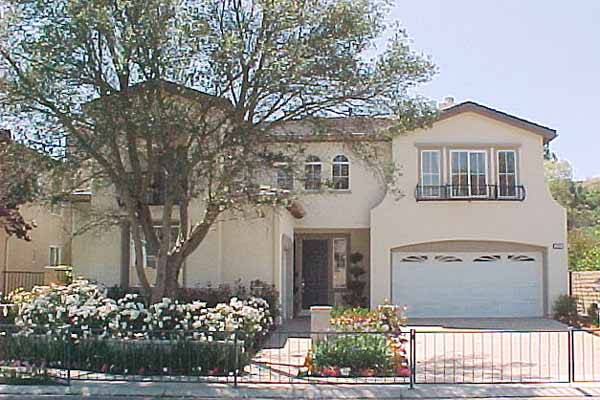HOMEOWNER'S INSURANCE
Understanding Homeowner's Insurance: Protecting Your Residence and Assets
Homeowner's insurance stands as a pivotal financial safeguard, offering protection to residential property owners against an array of potential risks and liabilities. This comprehensive insurance coverage, available to owners of various residential properties, serves as a bulwark against unforeseen perils, providing peace of mind and financial security in the face of potential losses.
Varied Coverage Options
Homeowner's insurance encompasses an array of coverage options, catering to the diverse needs and preferences of property owners. Ranging from standard fire insurance to comprehensive package policies, homeowners can tailor their coverage to mitigate specific risks, including fire, lightning, wind, hail, smoke, explosion, burglary, personal injuries, and property damage caused to others.
Advantages of Package Policies
The allure of homeowner's insurance lies in its capacity to consolidate diverse perils under a single, cost-effective package policy. This approach streamlines the insurance process, necessitating the purchase of only one policy and the payment of a single premium, while concurrently extending coverage to an extensive gamut of potential hazards. Moreover, the cost efficiencies inherent in package policies render them a prudent and economical choice for homeowners seeking comprehensive protection.
Coverage Extent and Perils Insured
A homeowner's policy extends coverage not only to the dwelling itself but also to appurtenant structures, personal property, and even additional living expenses incurred due to inhabitable property conditions. The breadth of coverage against perils is contingent upon the specific form of policy purchased, with options ranging from the Basic Form (HO-1) to the Comprehensive Form (HO-5), each encompassing varying numbers of insured perils and additional coverage features.
Tenant's Form for Renters
For renters, the Tenant's Form (HO-4) of homeowner's insurance offers protection for contents and personal property against perils included in the Broad Form. However, as renters do not own the dwelling or other private structures on the property, the coverage is tailored to their specific circumstances, while still providing coverage for additional living expenses.
For renters, the Tenant's Form (HO-4) of homeowner's insurance offers protection for contents and personal property against perils included in the Broad Form. However, as renters do not own the dwelling or other private structures on the property, the coverage is tailored to their specific circumstances, while still providing coverage for additional living expenses.
Conclusion
Homeowner's insurance represents a cornerstone of prudent property ownership, affording homeowners and renters alike a robust shield against an assortment of potential risks and liabilities. By comprehending the diverse coverage options, perils insured against, and the advantages of package policies, property owners can proactively fortify their residential investments and instill a sense of financial security within their living environments.
What are the key differences between the Basic Form and Comprehensive Form homeowner's policies?
How does the Tenant's Form of homeowner's insurance differ from the standard policy?
Can you provide examples of additional living expenses covered by homeowner's insurance?
MORE REAL ESTATE TERMS
A, B, C, D, E, F, G, H, I, J, K, L, M, N, O, P, Q, R, S, T, U, V, W, X, Y, Z
Featured New Home

Featured Mortgage Brokers
- PINNACLE CAPITAL MORTGAGE CORPORATION, BELLEVUE, WA
2800 NORTHUP WAY STE 220
BELLEVUE, WA 98004 - M AND T BANK, CHEEKTOWAGA, NY
80 HOLTZ DR STE 2
CHEEKTOWAGA, NY 14225 - EMBRACE HOME LOANS INC, MIDDLETOWN, RI
25 ENTERPRISE CTR
MIDDLETOWN, RI 2842 - RESIDENTIAL HOME FUNDING CORPORATION, BLUE BELL, PA
1787 SENTRY PKWY W BLDG 18-130
BLUE BELL, PA 19422 - 203K.TV, LAGUNA HILLS, CA
22501 CAMINITO COSTA
LAGUNA HILLS, CA 92653